Silicone, a polymer with a versatility, has been on the center stage for their capability of undergoing different modifications and environmental effect. While society continues to be governed by the norm of sustainable practices the issue regarding the biodegradability, eco friendly materials or reusable character and silicone’s nature becomes intense in short synthetic plastic polymers.
This article therefore presents a complete picture of silicone synthetic rubber or synthetic rubbers that enlightens you on the particle makeup, acuity and impact of the environment to the industry. This page explores the environmental impact of silicone and addresses the question: Whether silicone breaks down on its own or not is the question. Further on, this comprehensive guide should explore the biodegradability of silicone and the consequences of silicone biodegradable materials.
Is silicone biodegradable?
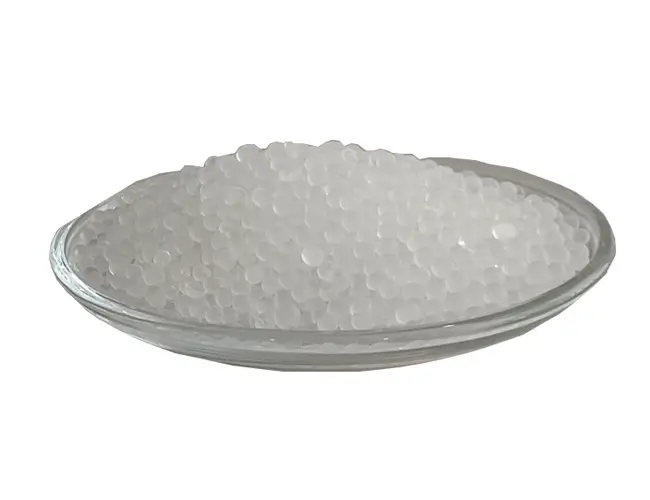
Unlike natural materials, silicone cannot decompose or degrade. It is a synthetic molecular structure which remain unscathed by organisms and the processes that break down into their building blocks that are usually what cause this, by resisting silicone decomposition . On one hand, this characteristic adds to strength and stability. Hence, it causes certain issues linked to disposal of waste and pollutants.
Therefore, the use of silicone products that contain plastic requires thoughtful wastewater disposal or , which as a part of good waste management practices and as an alternative to recycling and reuse minimizes the impact on the environment to keep the environment clean some can experience plastic pollution.
What Is Silicone?
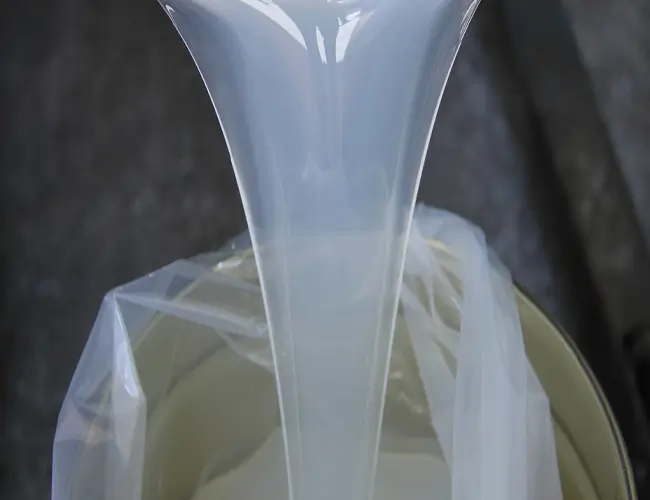
Silicone is a man-made polymer that is structured from such atoms as silicon, oxygen, carbon and hydrogen, and for its heat resistant properties it is highly versatile. It is this low-density allylene compound that demonstrates uneven stability across a broad temperature spectrum or withstand extreme temperatures, which makes it adaptable for an assortment of industrial and consumer products. Maintenance of safety is an essential factor in products manufacturing and utility such as it can also use for silicone cookware, silicone bakeware, silicone menstrual cups, medical grade silicone. The non-toxic and non-allergenic properties make its use in commercial products such as kitchen equipment, medical devices, IT equipment and buildings a very common occurrence.
Due to its’ high capacity for elasticity, tolerance to hard conditions and chemical inertness, silicone still is a material number one for those who are designing goods that can stand extreme situations while keeping its strength and safety standards but not all silicone products are silicone environmentally friendly.
Is silicone recyclable?

Yes, silicone is recyclable, but it is more complex and less efficiency compared to other materials. Silicon is a synthetic polymer composed of silica, oxygen, and char, and its silicone durable, flexibility, and resistance to heat and chemical attack make it suitable for very high temperatures applications for recycle silicone products. Although some recycling plants are able to process silicone in recycling silicone, this material is not as commonly recycled as glass, plastic, and metal which are other materials frequently processed in recycling facilities. The task of the scientists and professionals is to come up with the more successful ways to recycle silicone and meanwhile, the most sustainable act for silicone products is to use or reuse it would become fresh silicone.
Is Silicone a Healthy Choice?
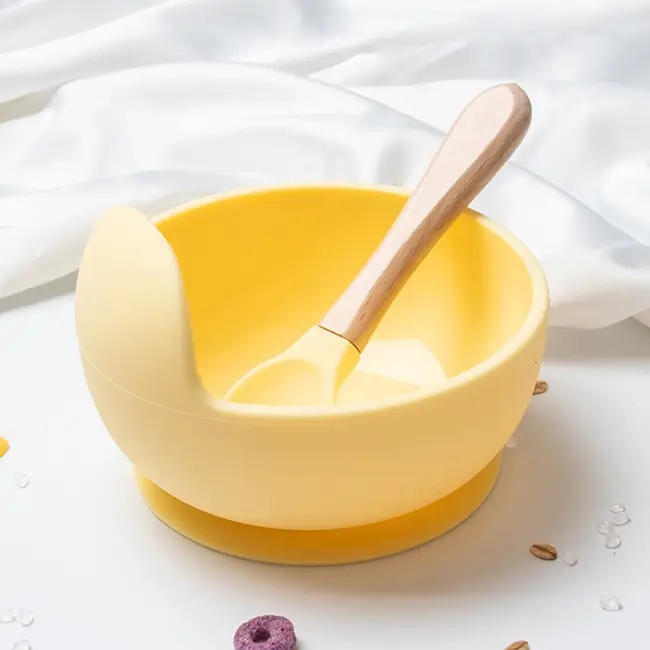
Similarly, silicone holds a reputation as a reliable and safe solution in a number of domains thanks to its non-toxic effect and absence of allergy consideration but some have silicone toxic. It does not go into the lakes or rivers, hence it becomes a safer choice for use in medical devices, kitchenware as well as most plastics and other consumer products for the human health. The inactivity of the podium makes the possibility of interacting with food or body fluid extremely rare, thus maintaining the taste and purity.
In the same way, the fact that the silicone withstands extreme and UV circumstance strengthens its suitability for conditions that are various some known health hazards. In general, different individual reactions to silicone may be possible, but still, since the compound is quite safe and is used in many sectors a lot, it is a good raw material for most of the industries.
What are the Silicone’s Main Qualities?

With its multipurpose and unique features, silicone has proven to be the source of choice among silicone manufacturers. The material has extraordinary resilience and can stand up to extreme temperatures ranging from high ones to low ones, and it’s utilized in different domains such as industry and home equipment.
Beside their simplicity and providing comfortability, soft materials are so long-lasting, poor conductors and such maximize consumers’ attractiveness. Silicone is free of allergenic components and non-toxic, thus acceptable to consider usage in medicine and the kitchen. Besides the inherent properties of water resistance, chemical inertness or chemically stable and UV stability some have leach chemicals, the material is also quite versatile, and thus finds applications ranging from sealants, adhesives to personal care items and kitchenware.
Is Silicone Eco-Friendly?
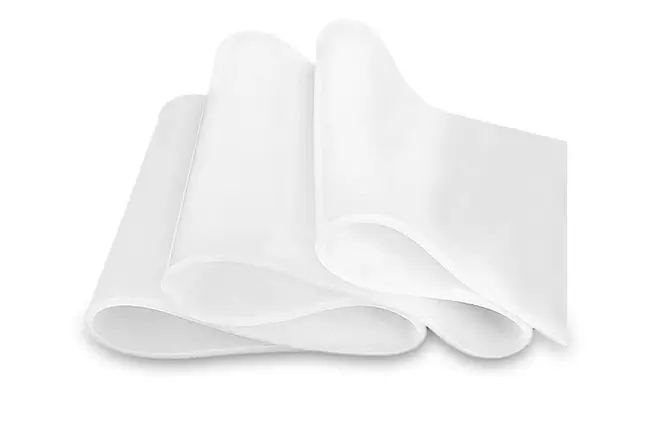
The degree at which the use of silicone may be considered as eco-friendly or environmentally-friendly is a matter of diverse opinions. Besides, its longevity and vigor for relishing, it makes it a material that can hardly get deterrable. However, the dilemma of it being a non-biodegradable element, this can be quite difficult for environmental sustainability because it is one of the reasons of the environment’s deterioration. Making a silicone usually under synthetic chemicals and in high energy-intensive processes, and its removal has to be segregated as a hazardous waste.
Yet, air travel’s constant nature and tendency to remain intact when subjected to high temperatures cut the use of fuel and contribute to zero waste production over time if its you notice something that is being caulked it is probably use the silicone caulk. Moreover, the use of silicone for strong materials such as cars, seat covers among the other durable goods could prolong their life performance, hence, may reduce the frequency of replacement and minimizes the overall waste. The certification of environmental conservation come into play when artists come up to the long-term pros against environmental effects and the eco friendly material of their products that is why this is very important as well because some can cause bad for the environment.
Can silicone break down?
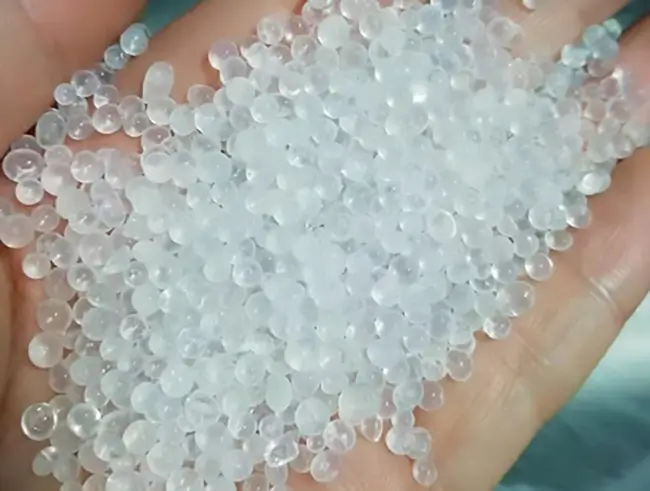
Withstanding silicone’s well-known long-term resistance, the material can still disintegrate in certain circumstances. It is highly resistant to heat, moisture and oxidation, but protracted exposure to extreme intensity factors such as high elevation, microwave radiation, aridity and oxygenation tends to cause its breakdown. With these mechanisms actions in the long run weaken its bonds structure that eventually results in it becoming in pause style or gradually losing spring.
though degradation of natural processes don’t take affect with pure silicone, it may stay in the environment for a longer period of time. It is imperative to consider all the factors that might lead to the degradation and therefore also developing and follow up on suitable storage and disposal methods for minimizing the environmental consequences of this compound.
How long does silicone take to decompose?

Decomposition process of silicone is known for its slowness and durability. This particular material lasts for long even after chore. Due to it’s complex artificial molecular structure, silicone is not subject to natural degradation, it’s decay time can take few decades to a couple of hundred years. Considerations such as UV over radiation, high temperatures, and mechanical stress may be determinants that influence the decomposition of silicone.
At the same time, in contrast to plastic, silicone does not completely degrade if deposited in typical environments, pointing to the critical need for good waste management practices and the research on environmentally friendly measures for disposing and recycling of silicone which would allow avoiding its effects long after it was used.
What Is The Environmental Impact Of Silicone?
The impact on human environment from using silicone rubber is not a simple one-way affair. The reusable nature of PET bottles ensures lesser waste over the long run and has led to a significant reduction in energy consumption. However, the non-biodegradable property of PET bottles has created a mess in waste disposal and management Silicone production enters into force through those energy-consuming methods which can result in carbon emissions and an increase in environmental footprint. Besides the fact that silicon remains persistently in the environment for a long period of time makes it possible to think that the harms related to ecosystem and animals will last for long time. With product lifecycle being an important part of consumerism and ecological sustainability, the manufacturing process should strike a balance between its long-term benefits and environmental consequences in order to apply a sustainable approach to this challenge.
Silicone Vs Plastic: Which is safer?
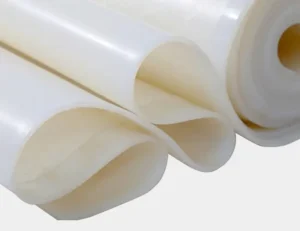
Silicone is many ways safer than traditional plastics. When we compare a high-quality silicone product to a typical plastic one, it is generally accepted that the silicone product is safer to use. While silicon lacks the features possessed by most plastic products, such as toxicity, hypo allergenicity, and varying of individual properties, it is still a great material for use in many range of products, including houseware and medical applications.

On the contrary, silicone neither exerts the harmful chemical effect on food grade silicone or liquids, microwavable and secure safe. In addition, it is highly heat-resistant and more than many plastics, thus, it can be used for cooking manifold and storing food. Though subjective sensitivities may differ, silicone’s systemic safety and stability make it a better choice in the various instances where food is in contact with food containers especially when it comes to plastics.
Can you recycle silicone?
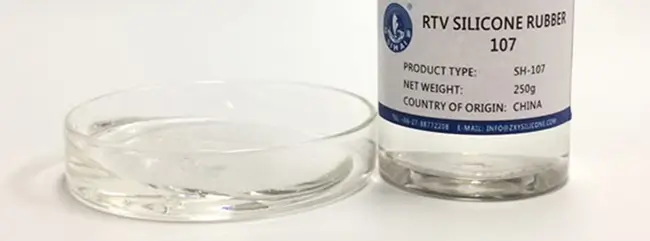
It is a process not so prevalent as the recycling methods of plastics or glass with silicone. The most crucial aspect of the fact that silicone has strong molecular bonds that do not break generally which means that traditional recycling methods cannot break down silicone into usable components.
While all the silicone in general industry specific entities and company have been proven able to develop ways for reprocessing some the silicone products. The corresponding processes may be such as grinding or shredding the silicone elements into granules or blending which can in turn be used as components of new silicone items. Re:emerging as not as widespread as plastic recycling, innovations in technology are still exploring new and better approaches for recycling silicon products.
How do you recycle silicone?
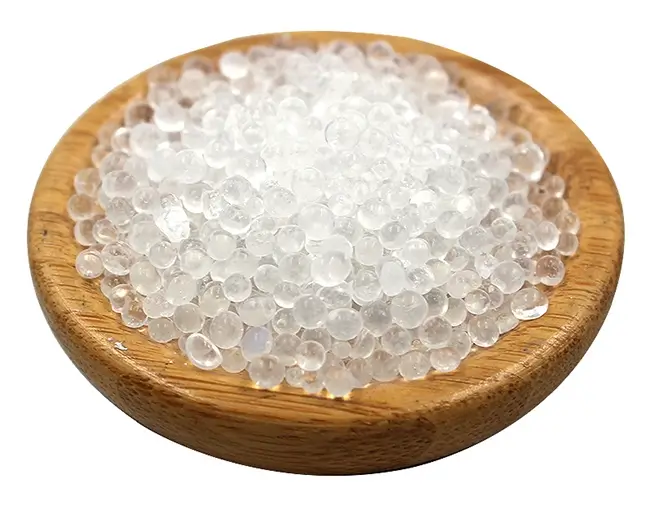
Recycling of silicone works with specialized methods as silicone is recognized to be stable and non-biodegradable. Although there are not as many methods to carry out recycling comparatively as the recycling of other materials, there are ways to upcycle and recycle silicone goods.
For many production processes of silicone, operations begin with accumulating and separating silicone items. Such things are further away of dirt, bugs, or any other polluting agents through the process of cleaning and make them ready for consumption. For the next step, the silicone is fine-ground to small pieces, turning into granules or powders, and then may be used for the manufacturing of other silicone-based products. Developing renewable technologies in the field of recycling, which would be more efficient and environmentally-friendly, is still a task that has to be done for silicone makers in order to recycle silicone materials and to reduce negative impacts to the environment.
How to Reuse Silicone?

Reusing silicone based products is an ideal scenario, through which you could lower the volume of waste you throw away and decrease environmental pollution. Silicone is a strong plastic which can find many uses besides its conventional flossing or applicators. There is no doubt silicone food storage containers and silicone bags are ideal for storing and reusing multi times without using plastic bags or endless plastic containers. The convenient baking mats made of silicone and the reusable cupcake liners are perfect for making cupcakes or cookies as they can replace the parchment paper and the paper liners that are commonly used and disposed of after each baking occasion. Silicone ingenuities like spatulas and brushes are heat resistant and sturdy. Hence, very convenient for deep frying, baking, and cooking. Through the cleaning and reusing of silicone face scrubbers and brushes, there is no need to keep buying new ones constantly. Molds for crafts will be made of silicone, and spherical rings for sealing can be reused when you need to close another container tightly. Superficially switching to silicone products yet again will help in a way to create a sustainability lifestyle, as well as being economical at the same time and reducing waste.
Conclusion
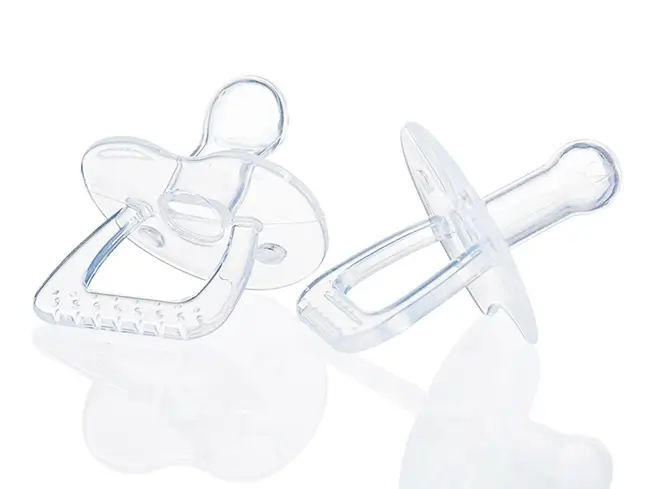
Synthetic Silicon polymer is widely known to be the best option for its long lasting characteristics and high resistance to heat. As such, it is mainly used in various industrial sectors. Unlike biodegradable material products, silicones are not rejected because of their non-biodegradability but they are considered safe and hypoallergenic which makes them suitable for medical and culinary uses. One of the topics the eco-friendliness of this product is based on is how this product can arrive at long life while still managing to cut down on waste, and its development and disposal become other challenges to eco friendly alternative. Nevertheless, it is mostly the reprocessing of silicone products such as silicone spoon, silicone nipples that are being producing silicone which are less frequently recycled that is still carried out in customized ways. Apart from other occasions, there are certain silicone products that can’t be reused by any diverse methods and thus striving towards sustainable living. Such awareness is necessary not just because of safe applying and discarding but also as a responsible silicone users.